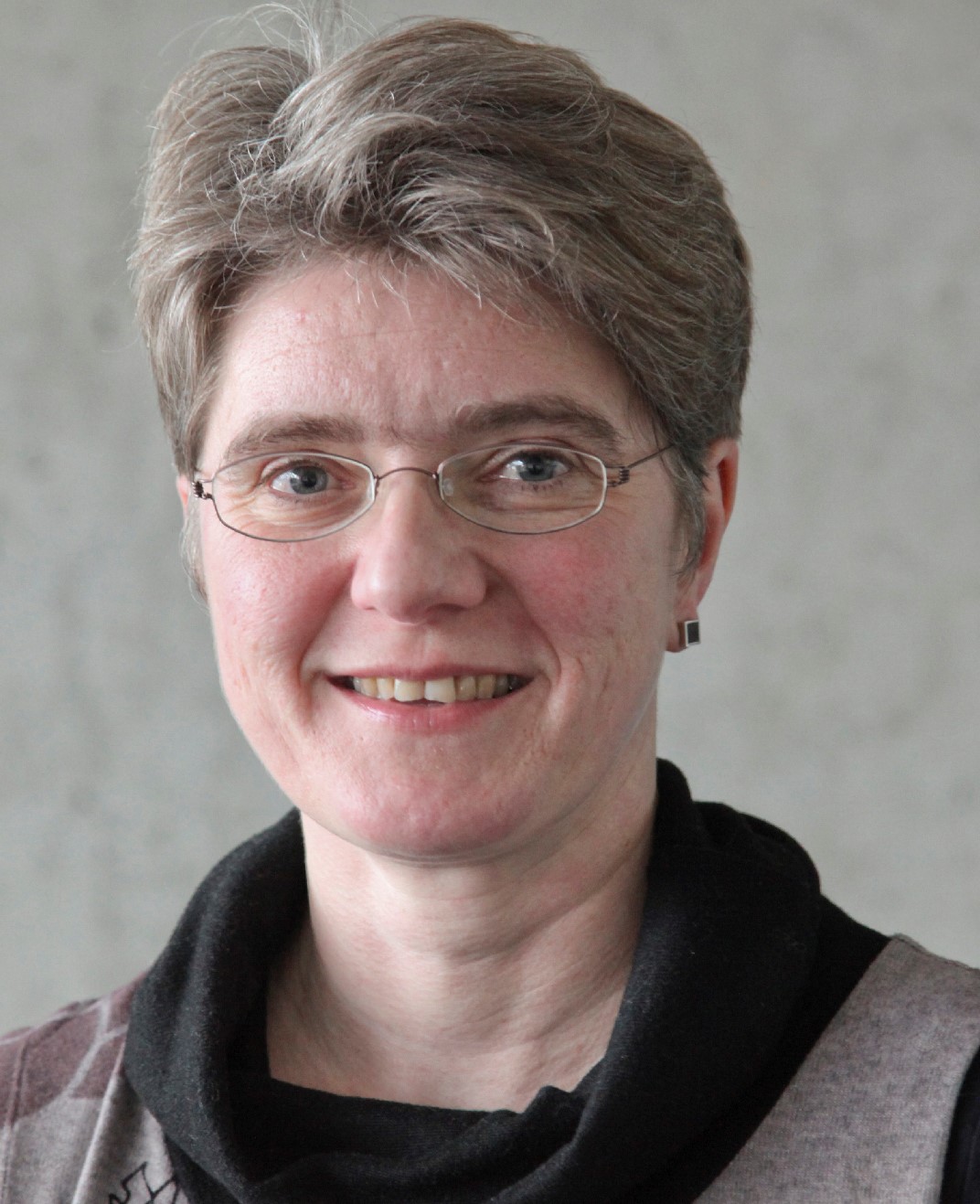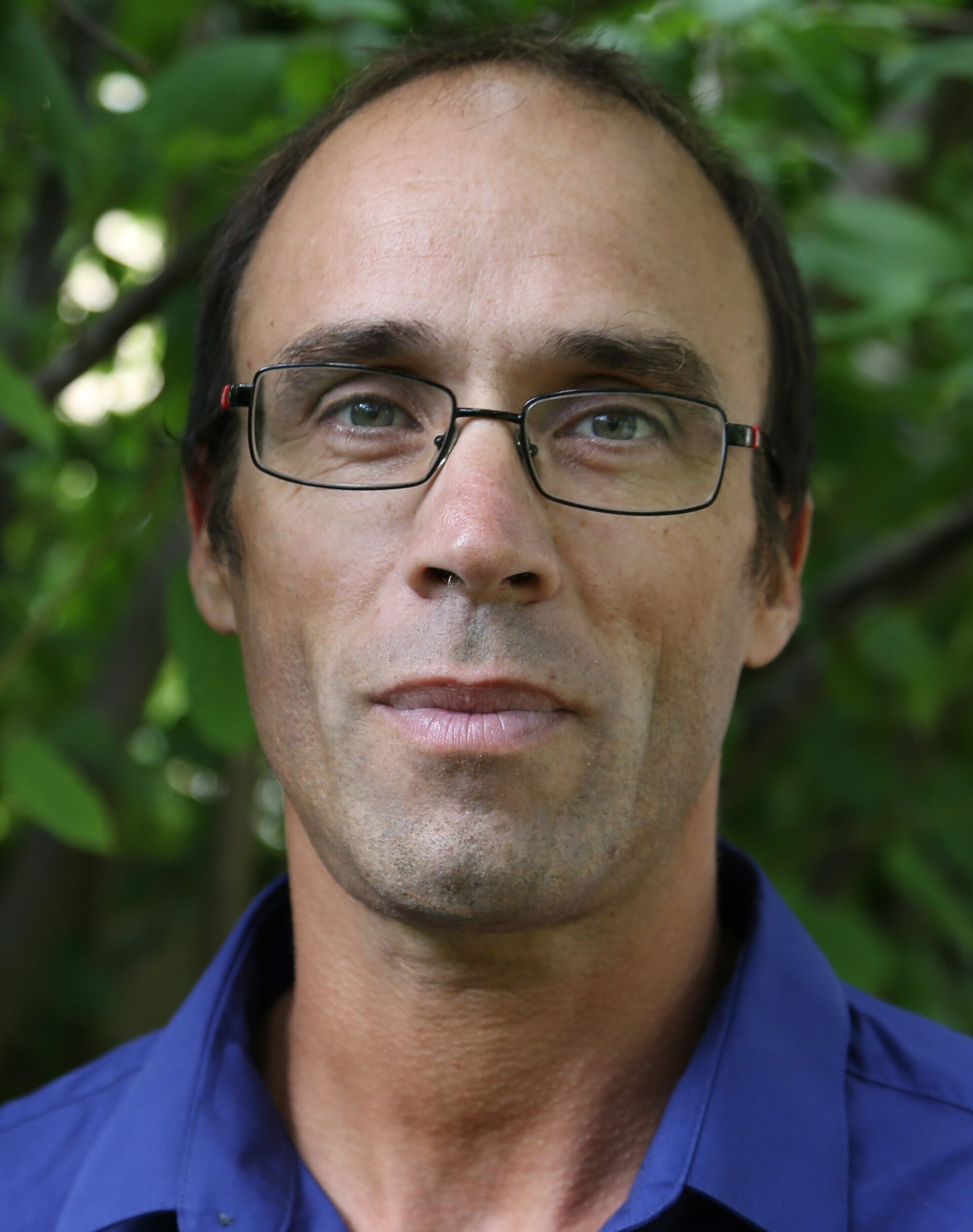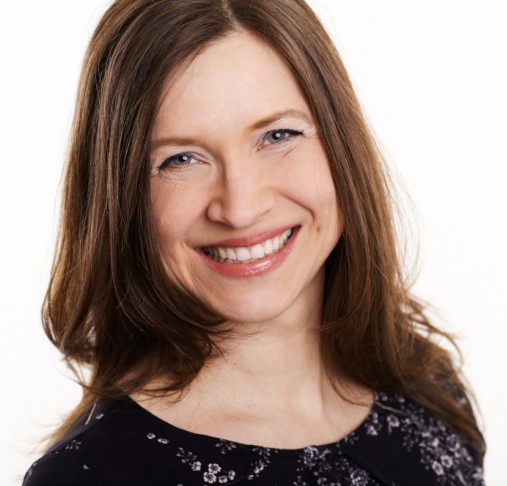The study of human-environment interaction is crucial for dealing with the present day challenges in the age of the «anthropocene» starting with the industrial revolution, such as the expansion of cities, infrastructure, industrial parks and recreation areas. While this expansion meets «the needs» of modern societies, they reduce at the same time important natural and cultural landscapes including arable and forested environments and the coastal zone. Through such activities past remnants of human engagement with the surroundings are uncovered, but often also destroyed. Modern industrial development thus transforms and overlays [past] life worlds of people, plants and animals, while at the same time uncovering the human long-term engagement within the same areas.
This PhD seminar seeks to explore human-environmental interaction in the past in a long-term perspective. It is directed to all PhD-students who do research on natural as well as cultural environments and social space, and their interconnectedness, across time, including both foraging and farming societies – in coast and inland areas. The seminar will deal with the study of environment and/or social space from a variety of perspectives such as environmental archaeology, material culture studies or ethnoarchaeology. The PhD-students will present aspects of their own research in these fields, which then will be discussed in the group, the discussions being chaired by experienced lecturers in the field of (landscape-) archaeology, ethnoarchaeology and environmental archaeology.
The aim is to discuss the notion environment in its broadest sense. This spans from a natural science perspective to a definition of social space/cultural landscape as a world in which people exist, live and move, and which not only consists of animated and non-animated materialities, such as vegetation, fauna and surface/geology, but also of humans and human interaction with the surroundings, as well as their material manifestations.
We want to explore different ways of how people dealt with, coped with and adapted to their surroundings – economically, socially and spiritually, and how we can investigate this. We will touch on a broad range of questions on the possible reciprocities between humans and their surrounding as well as certain requirements that different environments present. Did the engagement with the same areas change over time, depending on specific requirements, socio-cultural relationships, and distinct perceptions, and if yes, how and why did they change, and what were possible triggers? To what extend can this be related to environmental change? In the long durée, can we identify continuities and long-term traditions in the use of the same areas? What types of human involvement with the environment can be disentangled by which methods? In how far is human engagement with the surroundings active or passive, spanning from adaption to (intended?) manipulation and comprehensive transformation? And, how do environmental transformations rebound on humans and in which way do they affect the perception of landscapes and social space?
These questions will also touch on the big issues such as the nature-culture-dichotomy – and address the question if there is a division between culture and nature at all, and, at what stage cultural landscapes emerged. We will address different strategies of human engagement with environments between the poles of exploitation and sustainability and the “dwelling within” in Ingolds sense, and their possible socio-cultural and economic consequences.
Course Work
The course will consist of both seminars and lectures. Before the course starts, each PhD student will prepare a paper for pre-circulation, addressing her or his research project in relation to the course theme. In the course seminars, each paper will be allotted ca. 45 minutes, beginning with the student presenting a 15-minute summary of its contents. One of the other PhD students will be selected in advance as a discussant and comment for about 10 minutes, after which she or he will then chair an open discussion on the paper for approximately 20 minutes.
The participating lecturers will each give a lecture during the course, as well as participating as prime movers in the discussion of PhD presentations. The seminar days will be structured with adequate time for spin-off debates and networking opportunities in mind.
Lecturers




Prof. Dr. Almut Schülke (Museum of Cultural History, University of Oslo) Photo Credit: Kirsten Jensen Helleland, KHM UiO
Prof. Dr. Wiebke Kirleis (Institute of Pre- and Protohistoric Archaeology, University of Kiel) Photo Credit: Agentur PurPur
Senior lecturer Grégor Marchand (CNRS/CReAAH, University of Rennes 1) Photo Credit: Chloé Andrieu
Prof. Dr. Henny Piezonka (Institute of Pre- and Protohistoric Archaeology, University of Kiel) Photo Credit: Jeanette Kneisel
Credits
5 ECTS
Location, Travel and Costs
The Graduate School will finance and arrange accommodation, a welcome dinner, and supply lunch during the seminar week for all participating PhD candidates who are part of the Dialogues With the Past Network. Two and two PhD students will be accomodated in twin rooms.
The PhD candidates will have to arrange and finance travel to and within Paris as well as dinners during the course week (except for the welcome dinner). If you are in the DIALPAST network and do not have travel funding to cover these costs, please get in touch with oliver.reiersen@iakh.uio.no
Registration
The Graduate school invites all registered PhD students within the Dialogues with the Past network to apply for participation. Please fill out this application form to apply for the course (in English only). From these applications, c. 10 PhD students will be admitted to the course.
For more information, please contact: oliver.reiersen@iakh.uio.no
Important Dates
Application for participation: November 18, 2022. Confirmation on your participation will be sent out shortly after this date.
Submission of working papers (10 pages, Times New Roman 12, Spacing 1,5): February 17, 2023
.png)